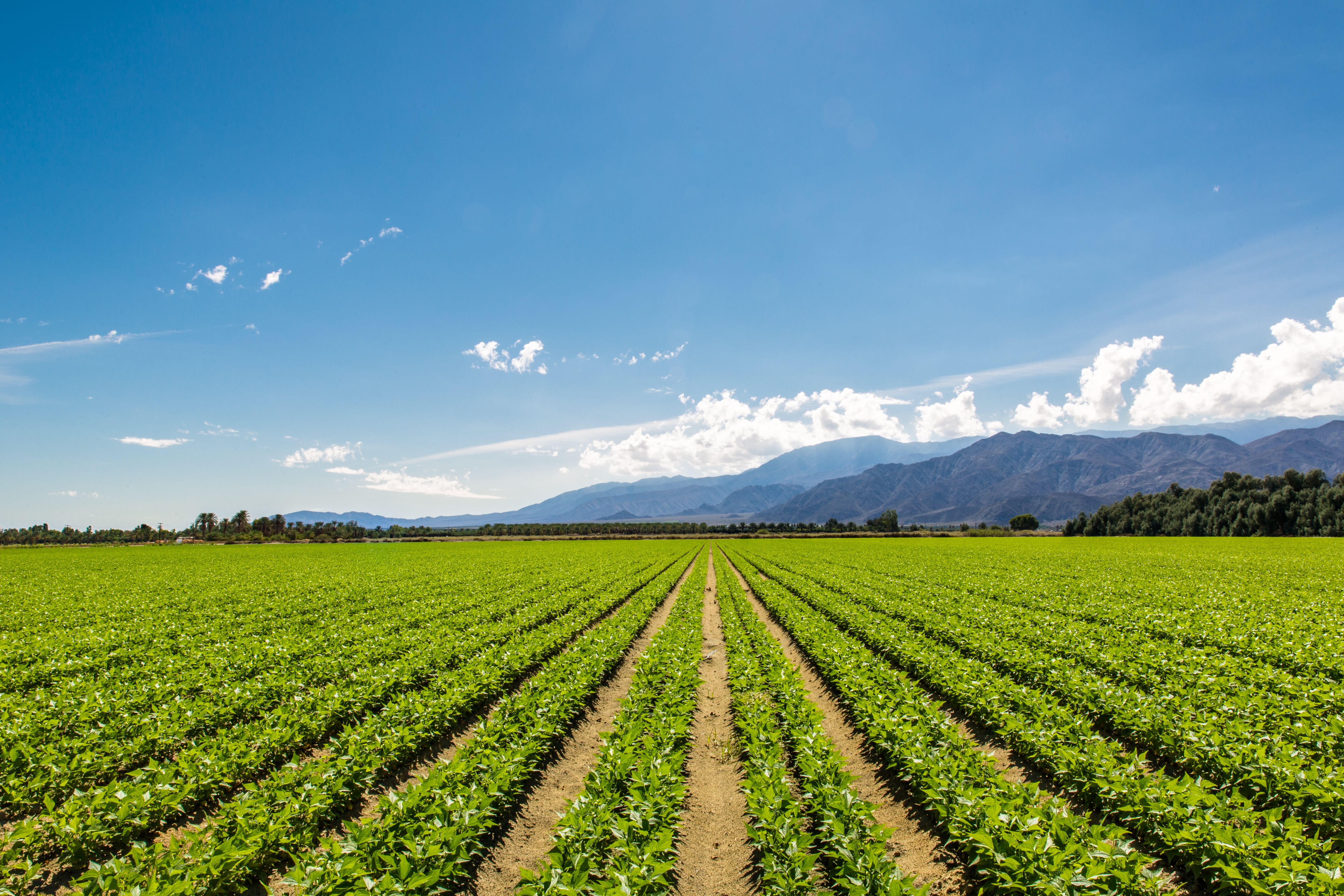Exploring the Future: Organic Farming Trends in California
Introduction to Organic Farming in California
Organic farming in California has become more than just a trend; it's a movement reshaping the agricultural landscape. With its unique climate and diverse ecosystems, California offers an ideal setting for organic agriculture, making it a leader in the organic farming industry. As consumers increasingly demand healthier and more sustainable food options, organic farming in California is set to experience significant growth and innovation.

Technological Innovations in Organic Farming
Technology is playing a crucial role in advancing organic farming methods. Farmers are utilizing drones for crop monitoring, precision irrigation systems to conserve water, and soil sensors to ensure optimal growing conditions. These technologies not only enhance productivity but also help maintain the sustainability that organic farming strives for.
Blockchain technology is another exciting development, providing transparency and traceability in the supply chain. This innovation allows consumers to verify the authenticity of organic products, ensuring they adhere to certified organic standards.
Sustainable Practices and Environmental Benefits
One of the core principles of organic farming is sustainability. By avoiding synthetic fertilizers and pesticides, organic farms reduce pollution and promote biodiversity. Cover cropping, crop rotation, and composting are practices commonly used to maintain soil health and fertility.

The environmental benefits of organic farming also extend to water conservation. Organic farms typically use less water by employing efficient irrigation techniques and maintaining healthier soil that retains moisture better. As California faces ongoing drought challenges, these practices are increasingly important.
Market Trends and Consumer Demand
The demand for organic produce continues to rise, driven by consumer awareness of health and environmental issues. This trend is reflected in grocery stores and farmers' markets across California, where organic products are becoming more accessible and affordable.
Consumers are not only looking for organic labels but also for locally-sourced produce. This shift is encouraging more small-scale farmers to adopt organic practices, contributing to the growth of the organic market in California.

Challenges Facing Organic Farmers
Despite its many benefits, organic farming presents several challenges. Organic farmers often face higher production costs due to labor-intensive practices and certification processes. Additionally, pest management without synthetic chemicals can be difficult and requires innovative solutions.
However, support from government programs and increased consumer willingness to pay premium prices for organic products help mitigate these challenges, making organic farming a viable and rewarding option for many farmers.
The Future of Organic Farming in California
The future of organic farming in California looks promising as it aligns with global trends toward sustainability and health-consciousness. As technology continues to evolve and consumer preferences shift, organic farmers are well-positioned to lead the way in sustainable agriculture.
Looking ahead, we can expect to see further integration of technology, greater adoption of sustainable practices, and continued growth in consumer demand for organic products. These trends suggest that organic farming will play a pivotal role in shaping the future of agriculture not only in California but worldwide.